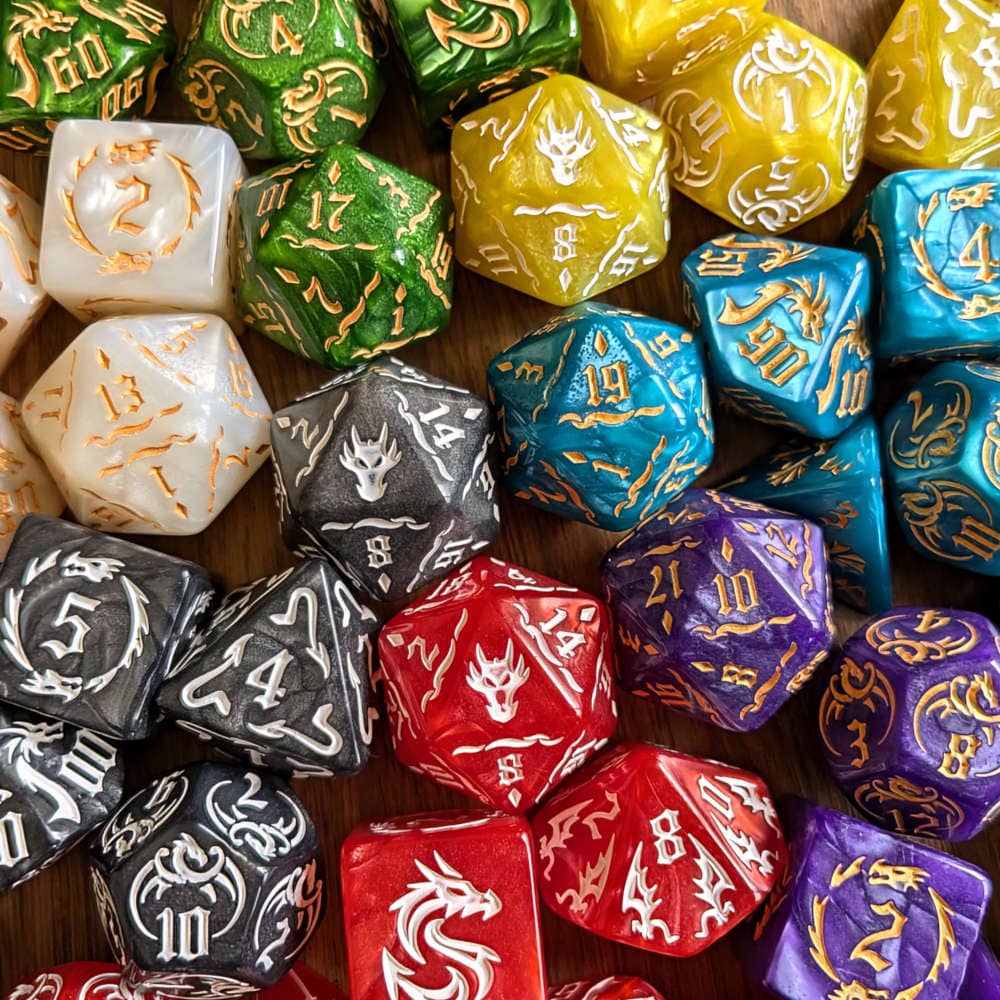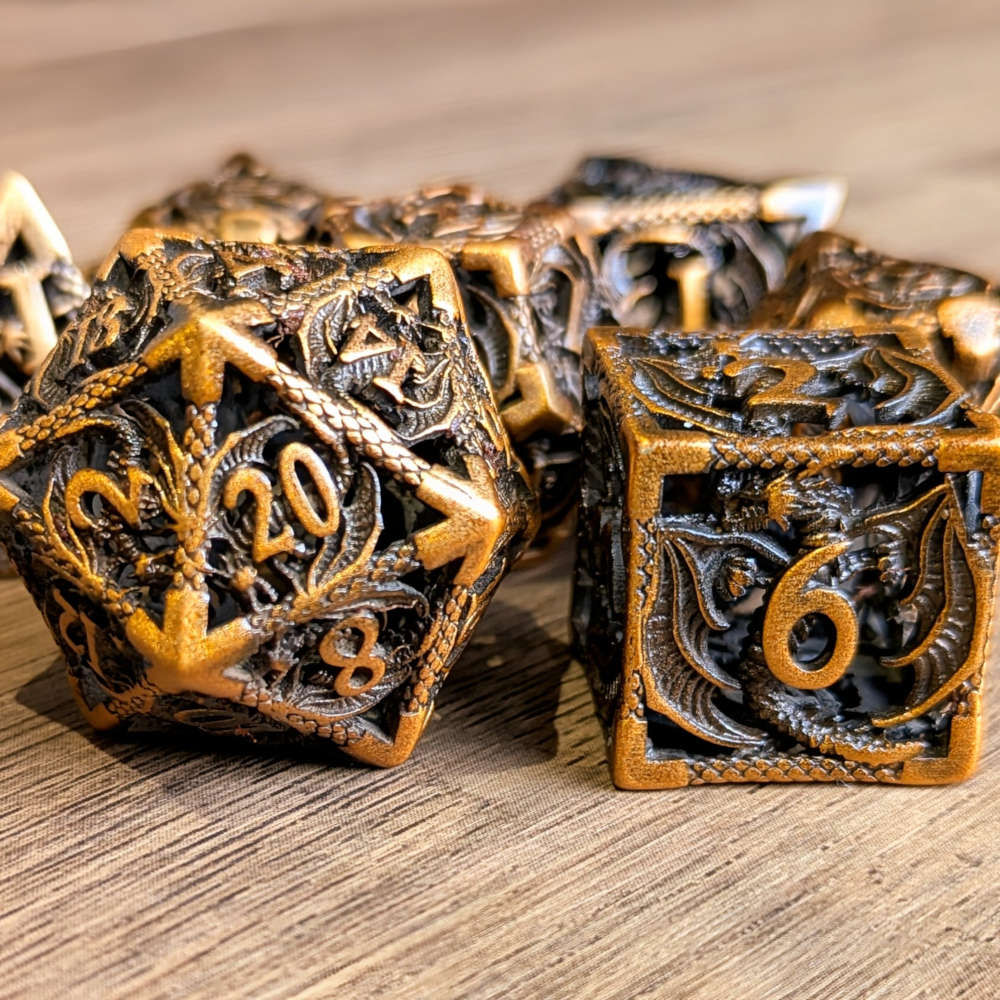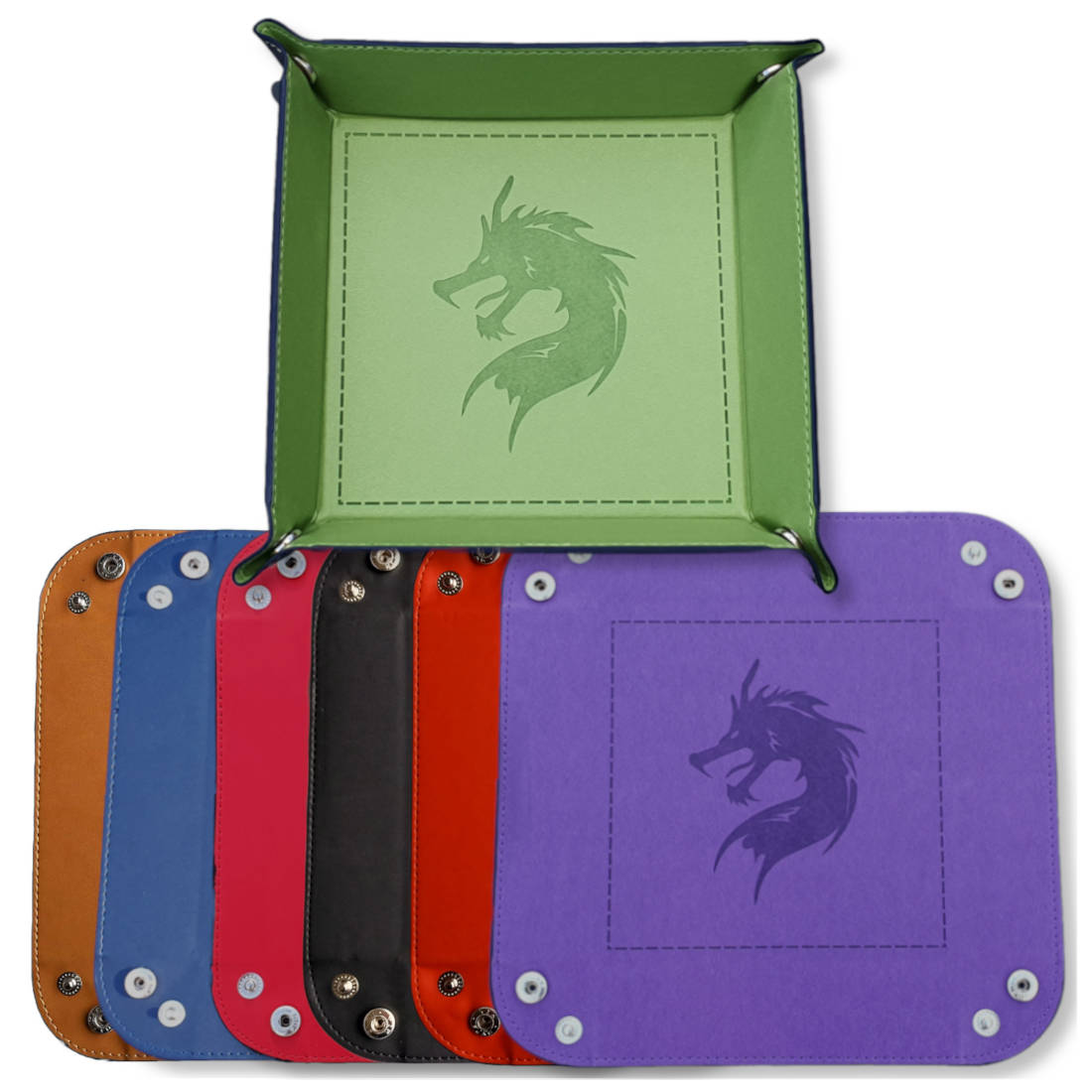How to prepare for D&D sessions

Preparing for a Dungeons & Dragons (D&D) session can feel daunting, especially if you're new to it. There's a lot to consider, from creating engaging storylines to planning challenging encounters and managing player expectations.
In this guide, we'll provide you with a checklist to help you prepare for your D&D sessions effectively. Drawing from our own experiences running campaigns and one-shots, we'll offer tips to help you strike the right balance between preparation and flexibility, ensuring that you and your players have an unforgettable D&D experience.
How do you plan a D&D session?
When planning a D&D session, it's often better to overprepare than underprepare. This ensures you have enough content to fill the session and even leftovers for future sessions. However, don't stress if you can't put in as many hours as you'd like. Focus on the essentials and adapt as needed during the session. Flexibility is key, and sometimes the best moments happen when you least expect them.
Find what type of preparation works best for you
Preparing for a D&D session can be approached in various ways, and what works best depends on your style as a DM:
- Some prefer a few pages of notes covering maps, characters, and plot points.
- Others opt for the thorough method, investing hours into preparing various maps, NPCs, and intricate plotlines.
- There's the improvisational method, where DMs rely on their deep understanding of their world to create content on the fly, with minimal notes and maximum flexibility.
Each approach has its strengths and weaknesses. Experiment with different methods to discover your preferred style of preparation. Whether you thrive on meticulous planning, embrace spontaneity, or find a balance between the two, the key is to feel confident and prepared to guide your players through an unforgettable adventure.
Pre-preparation checklist
- Discuss and agree boundaries: If this is the first time your group will be playing, it’s crucial to have a session zero before the first play session. This will help to align everyone’s expectations for the campaign, as well as any potential sensitivities or boundaries that players have.
- Set a date and time with your group: Before you play, you’ll need to discuss and agree the time and day of session with your players. If you’re unsure, our guide explains how often your D&D group should meet.
- Prepare your table: If you play in-person, take some time to set-up your gaming space. We’ve written about the differences between in-person and virtual D&D, including a checklist of things you’ll need have ready.
- Reduce distractions and set the mood: Making notes to prepare for your session isn’t the only thing you can do to set yourself up for success. A big part of D&D is getting your players immersed: our guide ‘How to get players immersed in D&D’ explores several ways to do this.
D&D session preparation checklist
- Review previous session notes
- Prepare the beginning of the session
- Prepare your encounters
- Prepare scene and character descriptions
- Have some random encounter and loot roll tables
- Have a few NPC names and personalities on stand-by
- Decide if you need any handouts, maps, images, etc
- Build the prep around the players and what they’re doing
Hopefully, this checklist helps to break any feelings of overwhelm you might be experiencing. But if you’re looking for more specific guidance, World Anvil have a full checklist with many points to consider, and The Alpine DM goes into more detail on crafting effective scene descriptions.
Preparing for a one-shot vs a campaign vs a pre-written module
Preparing for a one-shot is simpler than for a campaign because it's contained in one session. Focus on the chain of events: introduction, roleplay, combat, and resolution. No need to worry about long-term storylines or past sessions.
In a campaign, consider ongoing storylines, character development, and what the antagonists might be doing. This session should contribute to the overall narrative and keep the story progressing. It’s also important to take notes during your D&D sessions so that you can review those notes during prep and ensure plot continuity.
For a pre-written module, read through the adventure, prepare necessary materials like monster sheets and maps, and understand potential events for the session. It's more straightforward since the framework is already provided.
How long does it take to prepare a DND session?
Preparing a D&D session can take anywhere from 30 minutes to 1 hour, or even several hours, depending on your style and how much content you want to create. Some DMs prefer to plan out every detail, while others like to improvise more during the session.
It also depends on how long your D&D sessions last. It's all about finding the approach that works best for you and your game.
How much should I prepare for D&D?
For a typical 3-hour D&D session, preparing 3-4 encounters is a good start. It's wise to have some extra content prepared in case your players go off in an unexpected direction. Keep random NPCs and loot tables handy for unexpected twists or player choices and remember that flexibility is key to effective improvisation in D&D.
If you’d like to see an example of how in-depth your preparation could be, Sly Flourish wrote a guide where they spent an entire day preparing a D&D session, which gives a fascinating insight into how much you can do if you have more spare time (perhaps a school holiday or time off work).
How many encounters to prep for a D&D session?
There isn't a set number of encounters to prep for a D&D session. It depends on your party's pace, story progression, and the style of your game. In our experience, 3-4 encounters for a 3-hour session works well. This allows time for roleplay, exploration, and combat, ensuring a balanced and engaging session for your players.
Our guide ‘How many encounters should I have per day in D&D?’ explores this topic further.
The importance of pre and post session care for preparation
Preparing for a D&D session can be overwhelming, leading to anxiety and stress. It's okay and normal to feel this way, and there are steps you can take to manage it so that it doesn’t cause DM burnout. Be kind to yourself and remember that D&D is meant to be fun. Don't be too hard on yourself if things don't go perfectly and focus on the enjoyment of playing the game with friends.
Before your session, take time to organise your thoughts, make lists, and break tasks into smaller, manageable steps. This can help alleviate feelings of being overwhelmed.
After your session, take time to decompress and reflect on the game. Write down any thoughts or ideas that came up during play and review your session notes to see what worked well and what could be improved. This reflection can help you feel more confident and prepared for future sessions.
Check out our guide for tips on managing anxiety while playing D&D, including actionable strategies.
Level up your D&D experience with dice and accessories
We’re here to enhance your experience with our range of D&D dice sets and tabletop accessories. Whether you're looking for metal dice to add some weight to your rolls or want to try your luck with a mystery dice bag, we've got you covered.
To keep your D&D sessions organised and your ideas flowing, why not try out one of our dragon notebooks? With plenty of pages to jot down your session notes, character ideas, and campaign plans, they’re the perfect companion for any Dungeon Master or player. Plus, with their embossed draconic design, they'll add a touch of flair to your gaming table.





